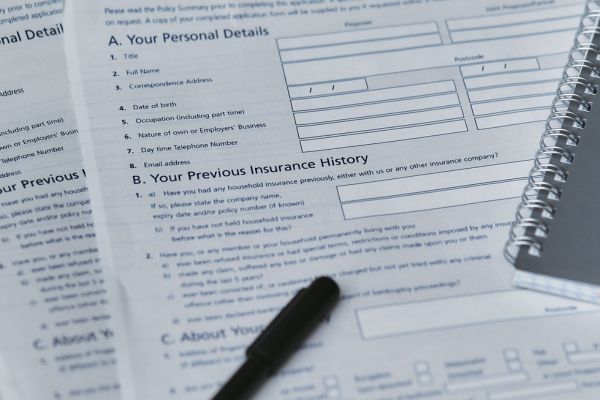Combined Car and Home Insurance: Everything You Should Know
When it comes to managing your insurance needs, consolidating your car and home insurance is a wise choice. This approach, commonly known as bundling, offers several benefits, including cost savings and increased convenience. In this guide, we will delve into the realm of combined car and home insurance, exploring its advantages, important considerations, and money-saving strategies. We’ll also provide insights and recommendations to help you make well-informed decisions.
Combined car and home insurance, often referred to as bundling, involves purchasing both policies from the same insurance company, typically resulting in a discount. It’s a straightforward and popular method for saving money while maintaining comprehensive coverage. The good news is that bundling options are widely available, with many insurers offering the ability to combine different packages. Depending on your insurer, bundling may be termed as a multipolicy, multiline, or multiproduct discount.
By bundling your auto and home insurance policies, you can enjoy the following benefits:
- Reduced premiums: According to various insurance sources, bundling policies may lead to savings of up to 25%, depending on the insurer and your location.
- Simplified policy management: Managing multiple policies becomes easier when they are all issued by the same insurer.
- Enhanced insurance protection: Having multiple policies with the same company can decrease the likelihood of policy cancellation due to previous claims or infractions filed under your vehicle insurance.
Should you bundle your combined car and home insurance?
Combining your house and auto insurance policies may save you money in some circumstances, but not in others.
Compare rates for separate home and vehicle policies to quotes for combined plans to determine if bundling makes sense for you.
There’s little incentive to opt for separate plans if they’re cheaper than a bundled rate. If your home insurance costs more than your auto insurance, bundling will likely offer the greatest savings. Typically, more expensive insurance receives larger discounts, and since home insurance tends to be pricier than auto insurance, discounts on homeowners insurance are more common. However, factors like a history of traffic offenses, poor credit, or living in a state with high insurance rates may make your auto insurance the costlier policy.
In such cases, the savings from opting for the cheapest car insurance company might outweigh a 20% discount on combined home coverage. Your insurer might gradually raise your premiums over time, potentially offsetting the discount from bundling. If this happens, it may no longer be advantageous to bundle policies. We recommend shopping for individual home and auto coverage annually to assess if bundling remains the most cost-effective option.
Combined Car and Home Insurance Tips:
If you choose to bundle your auto and homeowners insurance, follow these steps to maximize your savings:
- Compare bundles from multiple insurers online or with an agent to secure the best price.
- Inquire about third-party involvement to understand if a third-party insurance company is used for either policy you want to bundle.
- Shop for quotes regularly as the cost of home and auto insurance may fluctuate. Obtaining new insurance estimates for both bundled and independent policies will help you find the best deal.
How to Save Money When Bundling Car and Home Insurance:
Here are some tips for saving money when combining your home and auto insurance with the same company:
- Determine your coverage needs and shop for packages that meet those requirements.
- Compare quotes from at least three different companies to find the best offer.
- Request quotes with the same coverage and deductible limits to make accurate comparisons.
FAQs:
Are there any disadvantages to combining car and home insurance?
- Bundling plans can inhibit price-comparison shopping, potentially resulting in higher rates over time if you’re unaware of competitors’ pricing. Some bundled policies may involve managing bills from multiple companies.
Is it usually cheaper to combine home and auto insurance?
- Not always. Depending on individual factors like driving history and location, separate policies may be more cost-effective.
How do you find the best bundle for home and auto insurance?
- The optimal bundle varies based on individual needs. Look for companies with strong financial standing, good customer service, and diverse coverage options to find the best fit.
Is it possible to combine renters and auto insurance?
- Yes, many companies offer renters insurance bundles and additional services. Check with your carrier to explore bundling options.
Conclusion:
Combining car and home insurance offers benefits like cost savings and simplified management, but it’s not suitable for everyone. By assessing your unique circumstances and staying informed about your options, you can make an informed decision that aligns with your insurance needs and financial goals. Ultimately, choose between combined or separate policies based on what best suits your situation, balancing convenience and customization for optimal outcomes.






